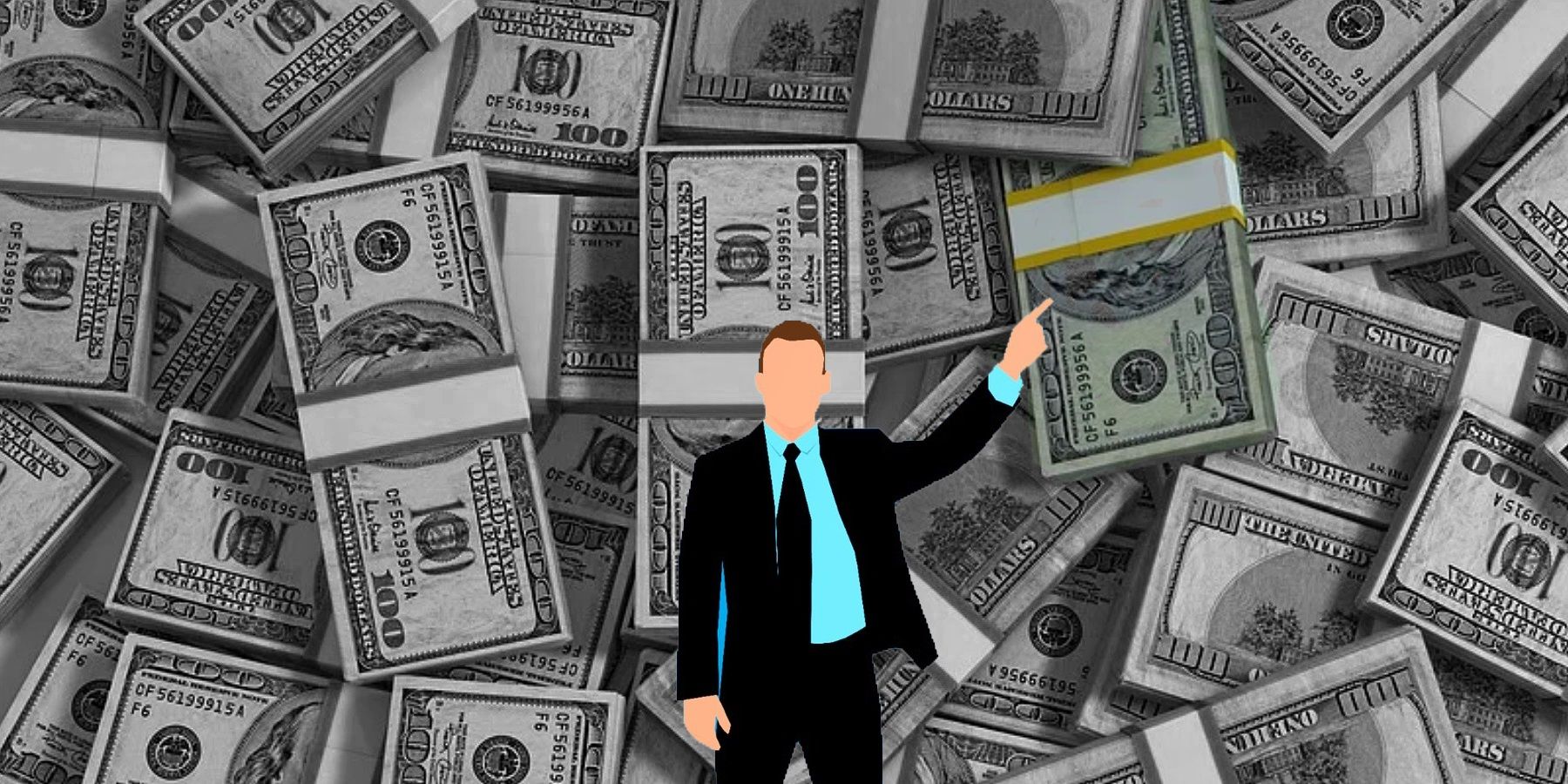
In response to the economic downturn caused by the coronavirus outbreak, the United States Senate unanimously approved the largest economic stimulus package in US history. The package included tax relief, a tax deadline extension, and money meant to be sent directly to Americans. However, while many people have been getting their stimulus checks, others are still waiting.
With bills to pay and no way to pay them, the stimulus checks can not come soon enough. While many Americans desperately wait for their checks, they do have the option of tracking the status of their payment. For example, the IRS website provides many tools to help individuals stay informed, including a dedicated payment tracker.
Reported by DailyDot, a landlord allegedly, and illegally if true, tracked the stimulus check status of multiple tenants. The landlord did this through the IRS's Get My Payment tool, designed to help individuals securely track their personal payments before they arrive. However, in order to use Get My Payment, individuals must input their Social Security Number, along with other personal information. Doing this using personal tenant information raises a number of privacy and legal concerns. Portland resident, Austin Goodrich, is one of the many tenants taking legal action over the issue. During a text-based conversation, the property manager divulged the illegal use of Goodrich's personal information to track the stimulus check. Furthermore, Goodrich found out not only did the property manager use his personal information to track a check, but the landlord had been doing the same with other tenants as well. Currently, Goodrich and his lawyer are waiting on a settlement that among other things, demands the rent to be waived for the remainder of the lease.

The demand for stimulus checks remains as high as ever, and even the IRS website has encountered issues due to the increase in traffic. With federal actions like this, the US government is trying to prevent an inevitable recession, and the problems that follow, such as homelessness - something that proved to be a major problem during the 2008 recession. Furthermore, there's a panic among property owners and property managers to secure funds themselves, blinding them to one of the most fundamental civil liberties promised to their tenants: privacy. With coronavirus scams spreading around the internet, and hackers acquiring personal information, landlords are just one of the many examples arising from the privacy problem created by COVID-19.
To counteract evictions and the lack of resources to pay rent, some landlords have been working with renters to figure out better ways to secure their homes. For example, repayment plans that allow renters to pay in installments. However, it's been tricky for renters as many of these agreements still require the handing over of money and if that comes from the federal stimulus checks, then it could leave them without the money to pay for food or other bills, including car payments. Navigating the economic landscape has become ruthless now, and this just goes to highlight yet another way coronavirus has recently reshaped the world.
Source: DailyDot
from ScreenRant - Feed https://ift.tt/3ez7LZg

0 Comments